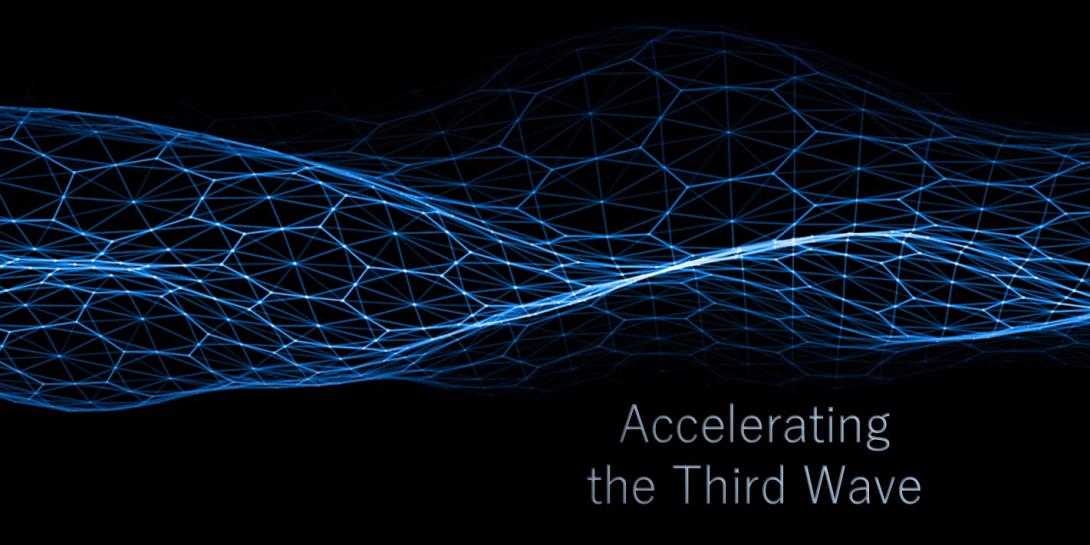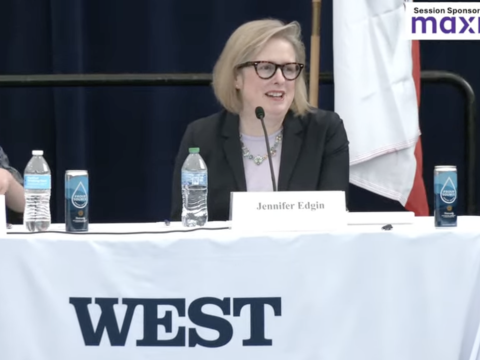DARPA Pumps $2 Billion Into Next-Gen AI
The Defense Advanced Research Projects Agency, the research arm of the U.S. Defense Department, will invest $2 billion in a multiyear campaign called “AI Next” to accelerate the next wave of artificial intelligence technologies. The agency, known as DARPA, plans to explore new theories and applications that could allow machines to adapt to changing situations.
The idea is to transform computers from specialized tools to problem-solving partners, said Steven Walker, DARPA director. Walker unveiled the campaign last week at DARPA’s D60 Symposium, marking the organization’s 60th anniversary. “We want to explore how machines can acquire humanlike communication and reasoning capabilities, with the ability to recognize new situations and environments and adapt to them,” he explained.
Over the next 12 months, DARPA plans to issue multiple requests for new programs that advance artificial intelligence (AI). In addition to pushing toward contextual reasoning capabilities, the campaign may explore timesaving automation processes for the Defense Department, such as vetting security clearances in a week or accrediting software systems in a day. Researchers also will work to improve the robustness and reliability of AI systems; enhance the security and resiliency of machine learning and AI technologies; and reduce power, data and performance inefficiencies.
Another component of the campaign will be DARPA’s Artificial Intelligence Exploration (AIE) program, which was announced in July. The program provides streamlined contracting procedures and funding mechanisms to enable new AI concepts to move from proposal to project kickoff more expeditiously.
The next generation of AI technologies is considered the third wave. The first wave, which began its ascent in the 1960s, focused on rules-based systems capable of narrowly defined tasks, according to DARPA. The second wave created “statistical pattern recognizers,” an agency statement said, from large amounts of data but has several limitations.





Comments